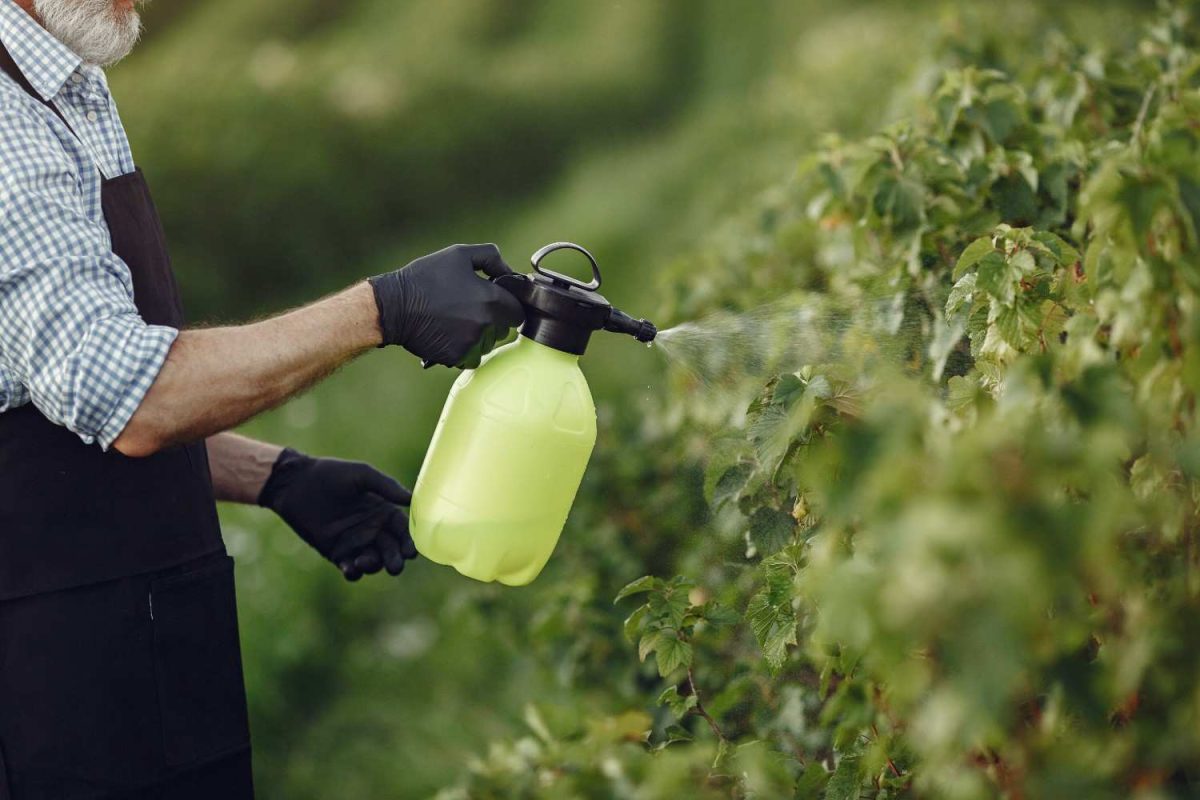For a gardener, farmer, and horticulturist, fighting pests requires knowledge and action. Regardless of how much care and effort goes into nurturing your plants, aphids, caterpillars, fungi, and other harmful insects can bring all your beautiful work down to nothing, decreasing yield and quality. Fortunately, pesticides for plants are a necessary tool in the fight to protect your garden, crops, and landscape.
In this blog, we will cover what are pesticides, what types they come in, and the best ways to apply them to ensure a safe, pest-free garden or field. Where to find pesticides for plants and pesticide sprayers also matters, if you want the best for your plants.
What are Pesticides?
Pesticides are chemical or biological agents that are used to control or kill unwanted pests from damaging your plants. Such pests can be insects, fungi, bacteria, or even weeds that interfere with plant growth and may cause harm to crops, flowers, and vegetation. In essence, pesticides for plants can be regarded as a protective shield, preventing those pests from feeding off your plants or spreading diseases.
There are various pesticide types, each targeted to a particular pest. These include:
- Insecticides- Kills harmful insects, including aphids, caterpillars, and beetles
- Herbicides- Controls unnecessary weeds that fight with plants for nutrition
- Fungicides- Controls fungal diseases in plants
- Bactericides- Controls bacterial diseases in plants
In order to keep your plants healthy and productive, using the right pesticide at the right time is important.
Kinds of Pesticides for Plants
While choosing agriculture pesticides, it is important to note which type would suit specific needs. Based on common usage, the following are some of the commonly used pesticides for plants:
- Contact Pesticides: These are pesticides that basically work by coming into contact with the pest. They would, therefore, be best applied to pests that crawl around the surface of a plant; examples include caterpillars or beetles.
- Synthetic Pesticides: These are highly concentrated and fast-acting chemical preparations. Though potent and efficient, they require careful application, since they can affect environmental surroundings as well as other types of organisms
- Systemic pesticides: These agriculture pesticides are absorbed by the plant and distributed in the tissues of that plant. The insect-eating plants are then exposed to the pesticide through the food eaten. They are often used on pests such as aphids or whiteflies that suck nutrients from the plant.
- Organic Pesticides: They are prepared from naturally extracted ingredients like the oils of plants, garlic, or neem. They have fewer side effects on the environment, pets, and beneficial insects such as bees and ladybugs. Home gardeners and those looking for eco-friendly farming methods often opt for organic pesticides.
Where to Buy Pesticides and Equipment for Pest Control
So, you have learned about the potential of using agriculture pesticides in the protection of your plants against pests. Now, it is time to find a reliable source to buy from to purchase your pesticides. Whether for your home garden or for large-scale agriculture, buy only from trusted suppliers.
If you want to ask, “Where can I find a pesticides shop near me?”, ask around local agricultural stores, garden centres, or online platforms. Seek a reputable pesticide products supplier that provides quality products at a competitive price. When searching online, use keywords like “pesticides for plants,” “pesticides shop near me,” “pesticide sprayer,” and “pesticides products” to find the right supplier for your needs.
Besides, most suppliers provide pest control chemicals and specialized gardening tools that go together with pesticide use. For instance, specific gardening tools such as sprayers, gardening gloves, and protective clothing are available to help apply pesticides safely and efficiently.
Ready to get your garden growing or spur up your agricultural business? Check out Naik Krishi Udyog & Co for high-quality seeds, plants, tools, and equipment. We’ve got everything you need, from commercial growers and farmers to gardening hobbyists.
Contact us today to start your growth journey!

